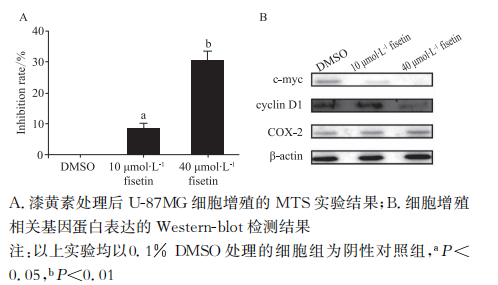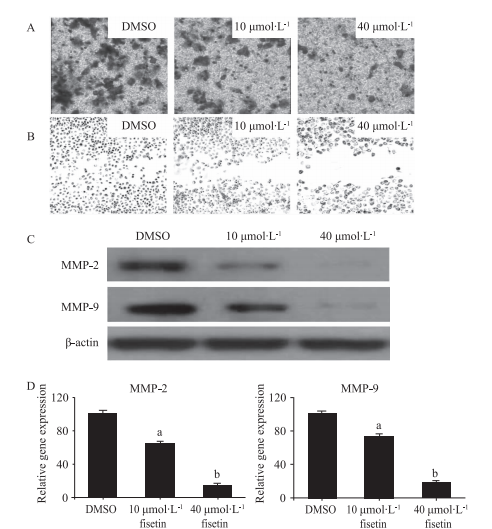News
Scientific adventure of fistin: inhibition of glioma invasion in vitro
2024-12-12 10:35:51
Hits:0
Gliomas are tumors that originate from glial cells and neural precursor cells, and they represent the most common primary malignant tumors in the brain. According to statistics, gliomas account for approximately 15.6% of all primary brain tumors, with an even higher proportion of 45.2% among malignant brain tumors. Currently, commonly used antitumor drugs have certain toxic side effects and are prone to developing resistance, making it crucial to identify new potential strategies for treating gliomas. Fisetin is well-known for its significant anti-inflammatory, antioxidant, and antitumor properties. Recent studies have shown that Fisetin has inhibitory effects on various types of cancer, particularly demonstrating a marked impact on cancer cell proliferation and invasion in in vitro experiments. This provides a new potential strategy for glioma treatment and holds promise for breakthrough advances in clinical therapy.
To explore the potential mechanisms of Fisetin in gliomas, researchers used the U-87MG malignant glioma cell line as the study subject and employed flow cytometry to analyze the cell cycle and apoptosis following Fisetin treatment. The results are as follows:
1. 漆黄素显著抑制细胞增殖

2. 漆黄素可通过抑制MMP-2 和 MMP-9等相关基因的表达来有效降低脑胶质瘤细胞的侵袭性

3.漆黄素可通过调节多种细胞周期相关基因的表达而有效地使细胞停留在G2/M期,进而抑制细胞的增殖.

4.漆黄素诱导细胞凋亡

The experimental results indicate that Fisetin treatment significantly reduced the invasiveness and migratory capacity of U-87MG cells, increased the proportion of cells in the G2/M phase, and notably enhanced apoptosis. Additionally, there were significant changes in the expression levels of related genes. These findings suggest that Fisetin can markedly reduce the invasiveness and migratory ability of glioma cells by modulating the cell cycle and promoting apoptosis, thereby exerting a significant antitumor effect on glioma cells.
参考:
王华,刘艳飞.吉西他滨诱导神经胶质瘤细胞凋亡及其对促凋亡因子 Bax/Bak 的影响[J. 中国医院药学杂志,2015,35(23):2092-2096
漆黄素对脑胶质瘤体外侵袭的抑制作用及其机制 闫涛’,周慧’,徐小林’(天津市环湖医院,1.药剂科,3,樟经内科,天津 300060,2. 天津市临床药物关键技术重点实验室,天津医科大学药学院、天津 300070)





